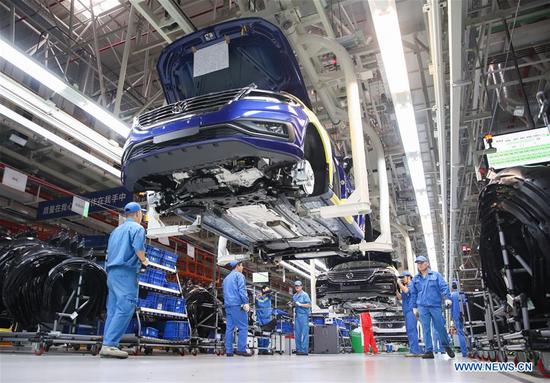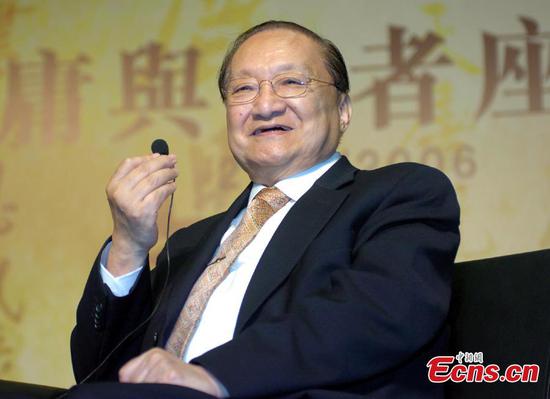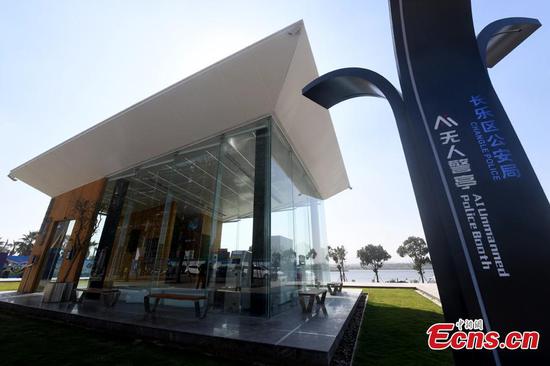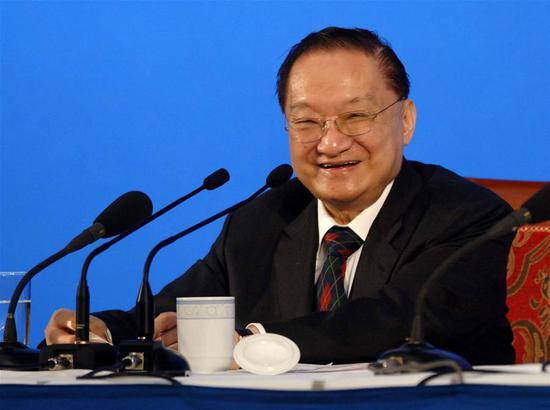Malaysian business confidence is on the rise underpinned by intra-Asia opportunities with firms eyeing China, Singapore and Indonesia for future expansion, according to a survey Thursday.
HSBC Navigator survey that covered 200 Malaysian companies showed that Malaysian firms are confident in the opportunities presented within Asia, as China, Singapore and Indonesia were cited as the key expansion markets.
When asked about the top three markets where Malaysian businesses will look to expand in the next three to five years, China topped the list, with 22 percent respondents identifying it as the key market.
The survey also revealed that Malaysian firms are generally optimistic that regional policy initiatives will help their business, and see the Association of Southeast Asian Nations (ASEAN), the Regional Comprehensive Economic Partnership (RCEP) as favorable policy initiatives.
Relevant free trade agreements were also viewed favorably by 64 percent of respondents.
Meanwhile, around 62 percent of respondents believe that the China-proposed Belt and Road Initiative will be positive for business.
Overall, Malaysian firms have a positive outlook about their prospects, fueled by rising customer demand and a favorable economic backdrop.
Around 89 percent of companies in Malaysia are positive about the trading environment, significantly higher than of companies globally, which stands at 78 percent.
At a company level, 91 percent of respondents in Malaysia are confident that their company will succeed in the current environment, with consumer confidence being the top factor driving the optimism.
HSBC Bank Malaysia chief executive officer Stuart Milne said, Malaysian firms remain optimistic amid the trade tensions.
"These firms are also looking closer to home for opportunities and are adapting their approach to stay fit for the future. We expect technology, digitization and data utilization to play an increasingly strategic role in enabling businesses to develop their products and services, reach new customers and cut costs by improving operational efficiency," he said.


















































